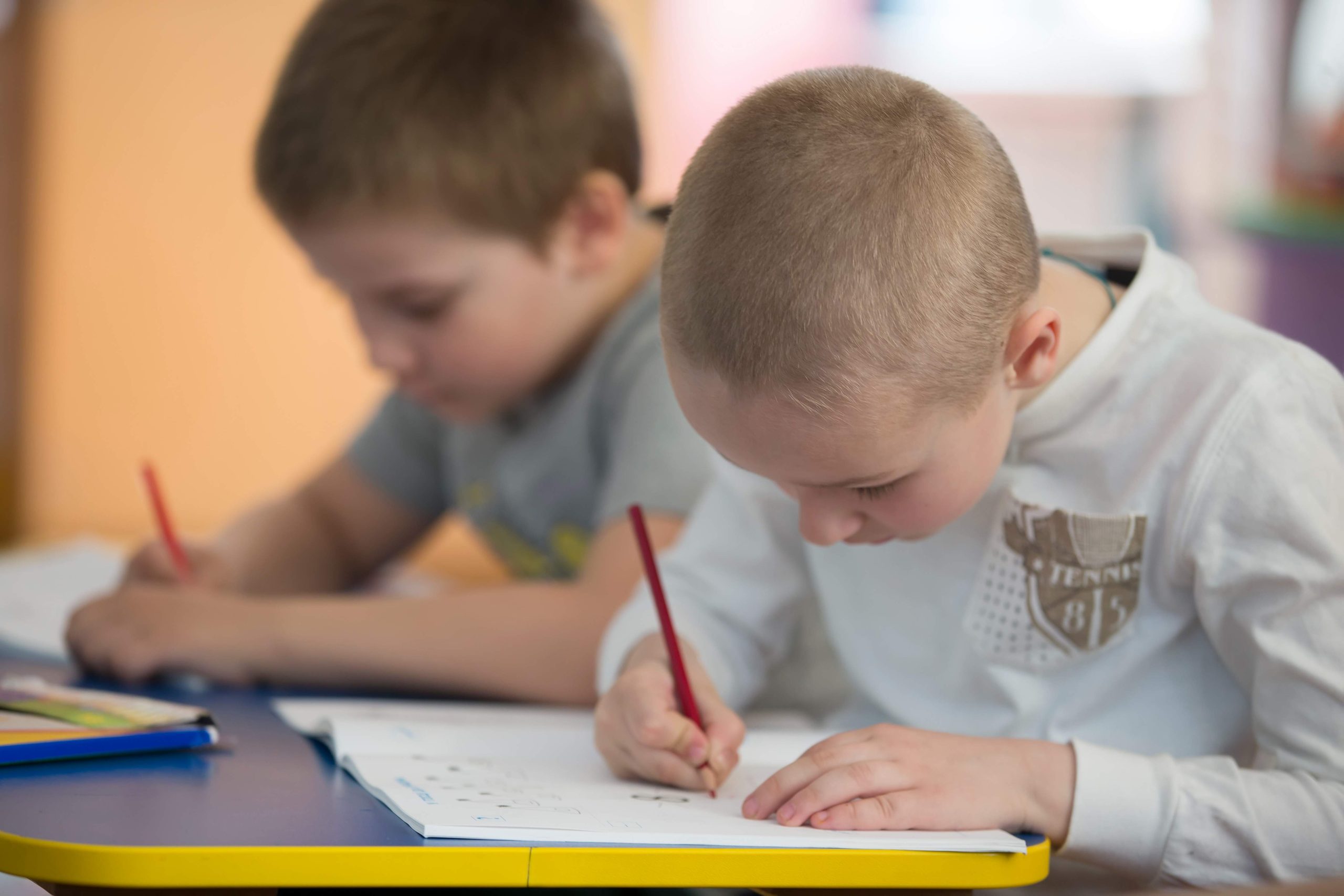
Understanding the Purpose of Homework in Preschoolers’ Personalized Learning Experience
As the education system continues to evolve, so does our approach to teaching and learning. Homework, a long-standing tradition in education, aims to help students reinforce class lessons. However, as we shift towards personalized learning experiences, the role of homework in preschoolers’ education needs re-examination.
The Traditional Purpose of Homework
Homework has been part of education for centuries, primarily to reinforce class lessons, improve academic performance, and promote independent learning. It also engages parents in their preschoolers’ education. Despite these benefits, this traditional purpose may not suffice in modern education.
The Shift Towards Personalized Learning Experiences
Personalized learning tailors teaching methods to individual students’ needs and abilities. This reduces the necessity for homework to reinforce class lessons.
The Main Purpose of Homework in Personalized Learning Experiences
In personalized learning, homework aims to challenge students, promote independent learning and problem-solving, and foster creativity. It’s not about reinforcing class lessons but applying knowledge and skills independently.
The Benefits of Personalized Learning Experiences
Personalized learning enables students to learn at their own pace, fostering better understanding and retention. It also promotes critical thinking and creativity, boosting students’ confidence and self-esteem.
The Drawbacks of Personalized Learning Experiences
Despite their benefits, personalized learning experiences may lack structure and discipline, and implementation challenges can hinder student support.
Balancing Personalized Learning Experiences and Traditional Teaching Methods
A balanced approach, combining personalized learning with traditional methods, ensures preschoolers receive structured learning environments.
Implementing Effective Homework Practices in Personalized Learning Experiences
Homework in personalized learning should be relevant, challenging yet achievable, aligned with learning objectives, and provide timely feedback.
The Role of Parents in Preschoolers’ Personalized Learning Experiences
Parents play a crucial role in personalized learning by providing support, helping set goals, and creating conducive learning environments.
The Impact of Technology on Personalized Learning Experiences
Technology enhances personalized learning by providing resources, tracking progress, and offering immediate feedback. However, responsible usage is crucial to avoid drawbacks.
Addressing the Needs of Diverse Learners in Personalized Learning Experiences
Accommodations and modifications ensure all learners, including those with disabilities or from diverse backgrounds, benefit from personalized learning.
The Importance of Teacher Training in Personalized Learning Experiences
Teachers need training to effectively implement personalized learning, focusing on assessment, data analysis, and technology integration.
The Challenges of Implementing Personalized Learning Experiences in Large Classrooms
Large classrooms pose challenges to personalized learning implementation, but strategies like technology integration and student grouping can help overcome them.
The Future of Personalized Learning Experiences
Personalized learning will continue to evolve, becoming more advanced and accessible, addressing educational inequalities, and improving student outcomes globally.
Balancing Personalized Learning with Standardized Testing Requirements
A balanced approach integrates personalized learning with traditional methods to prepare students for standardized tests.
Addressing Equity and Access Issues in Personalized Learning
Addressing systemic inequities and providing equal access to resources ensures personalized learning is accessible to all preschoolers.
Integrating Social-Emotional Learning into Personalized Learning Experiences
Integrating social-emotional learning fosters stronger relationships and improves overall well-being in personalized learning.
The Importance of Feedback in Personalized Learning Experiences
Regular feedback is essential in personalized learning, helping preschoolers understand their strengths and weaknesses and adjust their learning approach.
Challenges and Opportunities of Personalized Learning in Multilingual Classrooms
Personalized learning in multilingual classrooms presents challenges but also opportunities to tailor learning experiences to individual language abilities and promote cultural understanding.


